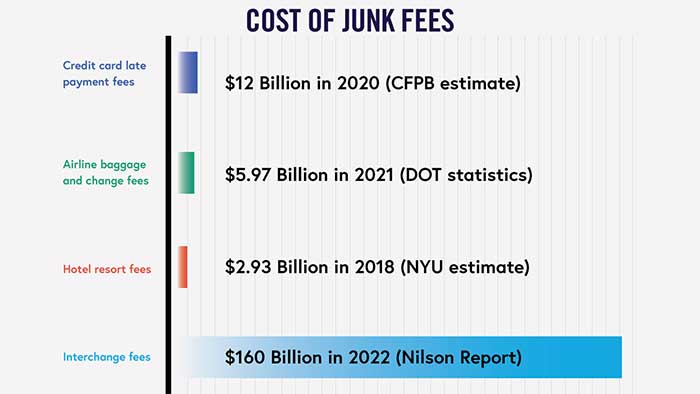RILA Encourages FTC to Fully Protect Debit Routing Under Mas
As RILA members clearly know, these words and actions are a daily common practice we see from Mastercard and Visa (who is also under investigation by the FTC and DOJ) and they come as no surprise. While RILA does support the actions from the FTC in acknowledging the illegal behavior, the consent decree needs to go further to ensure there are no loopholes to allow Mastercard’s tokenization practices to continue in a different form.
As we discussed in our recent comment letter to the FTC, one of the key issues the Commission needs to focus on is not limiting the obligation on providing the Primary Account Number (PAN) associated with a Mastercard token in response to a merchant request to facilitate a transaction. To the extent Mastercard provides other information alongside the PAN to the issuing banks who will decide whether a transaction is authentic, failing to provide that same information to alternative networks “inhibits” routing over those alternative competitive networks for two reasons. First, it will in fact cause higher failure rates, which will discourage steering to alternative networks. And second, it will facilitate the same collusion we already see between Mastercard and major issuing banks, because the absence of that additional security information provides a fig-leaf for banks efforts to ensure that Visa and Mastercard retain their high proportion of routing volume.
Our comments go on to address a few other core issues vital to RILA members, and we closed by stating, “Mastercard could not possibly have read the statute and documents implementing the Durbin Amendment and Regulation II and believed its conduct was permitted. With the law plainly on its side, the Commission should be unwilling to compromise with Mastercard absent its agreement to clear and carefully drawn conditions that will circumscribe its future misconduct.”
RILA will continue to keep members updated on any action in this area from the FTC and if interested, members can view the other eleven comments here.


